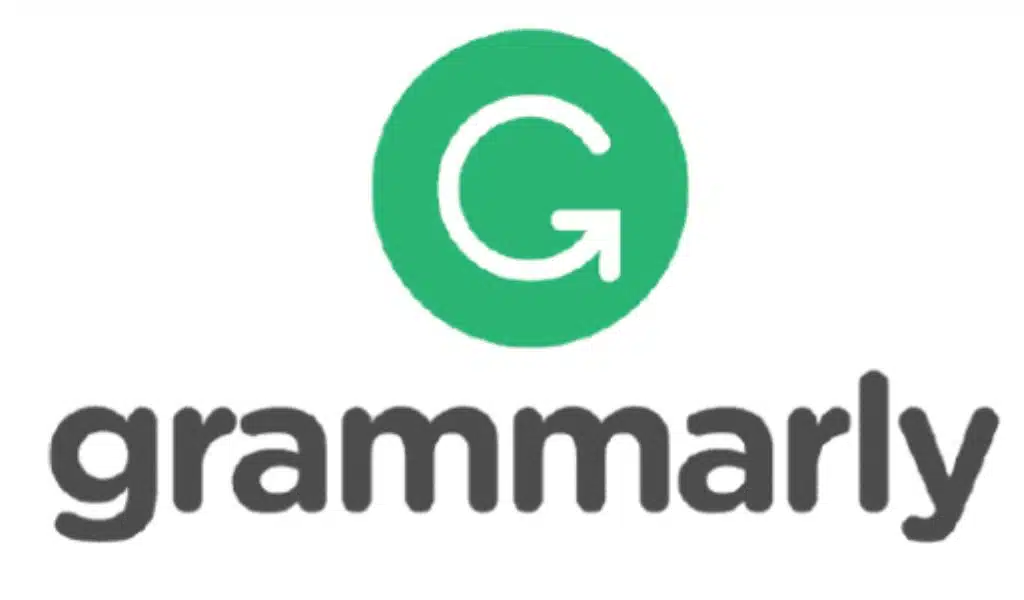Listen to the Podcast:
Grammarly has unveiled GrammarlyGo, a new writing assistant function that will use artificial intelligence (AI) to improve its offerings. GrammarlyGo will provide writers the option to employ AI to edit and enhance their writing, much like the contentious ChatGPT.
The platform of the San Francisco-based company’s newest expansion is furnished with a number of functions. GrammarlyGo offers personalized voice reading choices for text and makes use of AI to support user brainstorming sessions.
In keeping with our augmented intelligence concept to keep customers in charge of their experience, it will deliver relevant, contextually aware ideas tailored to the user and consider their brand voice. Customers will be able to do more, improve their creativity, and save time with GrammarlyGo, according to a blog post on the Grammarly website.
Grammarly Premium, Business, and Education customers will get access to GrammarlyGo’s beta version starting in April. Also, the functionality will be accessible to free version users in the US, Canada, UK, Australia, New Zealand, Germany, Poland, and Ukraine before it is available elsewhere.
Long-form papers and email threads that are Grammarly compatible will work flawlessly with Grammarly Go. The new functionality will be able to produce material based on brief prompts and rapid replies based on the context of received emails.
In recent weeks, professionals from various areas have responded to the subject of AI-generated literature in various ways, expressing both excitement and concern.
Content writers, researchers, and other members of the writing community are debating AI-powered tools like GrammarlyGo and ChatGPT because they worry that these tools might eventually take the place of their jobs. Yet, developers are adopting these services to boost productivity and ease strain.
Technology experts worldwide have said that generative AI systems like GrammarlyGo and ChatGPT could potentially encourage cybercrime since they let users write, understand, and answer in real-time across various languages.
Despite opposition from the academic and tech sectors, Grammarly intends to make generative AI available to its 50 million users. The platform asserts that stringent security standards were given priority to make its features appealing for use by multinational firms.




































